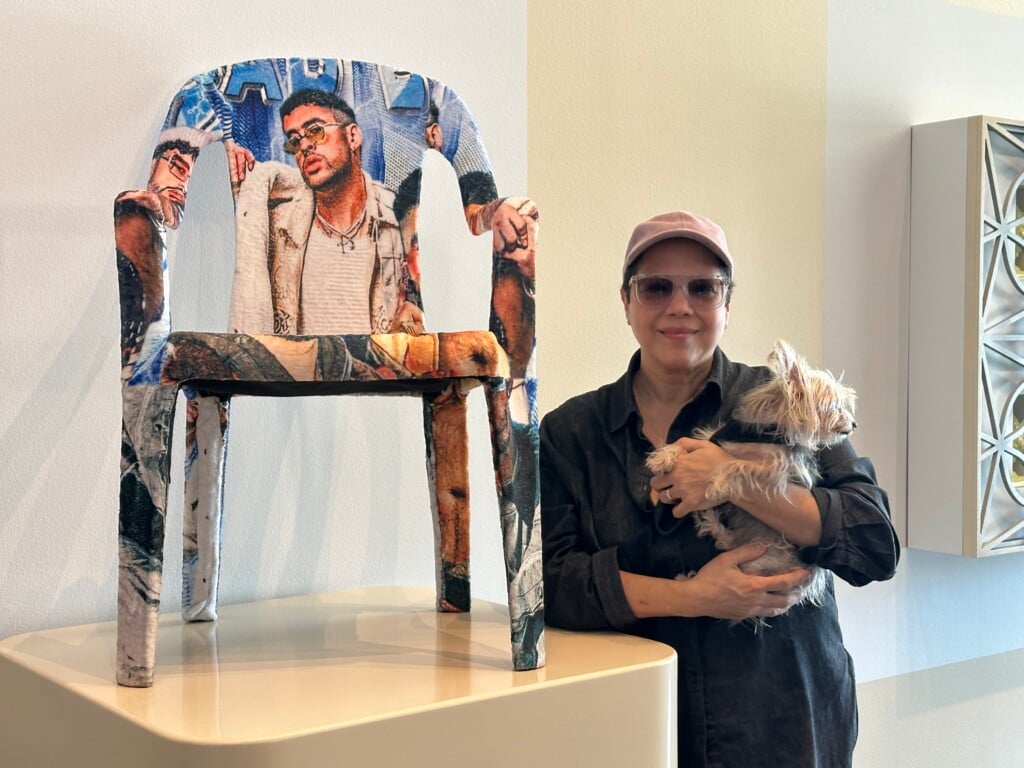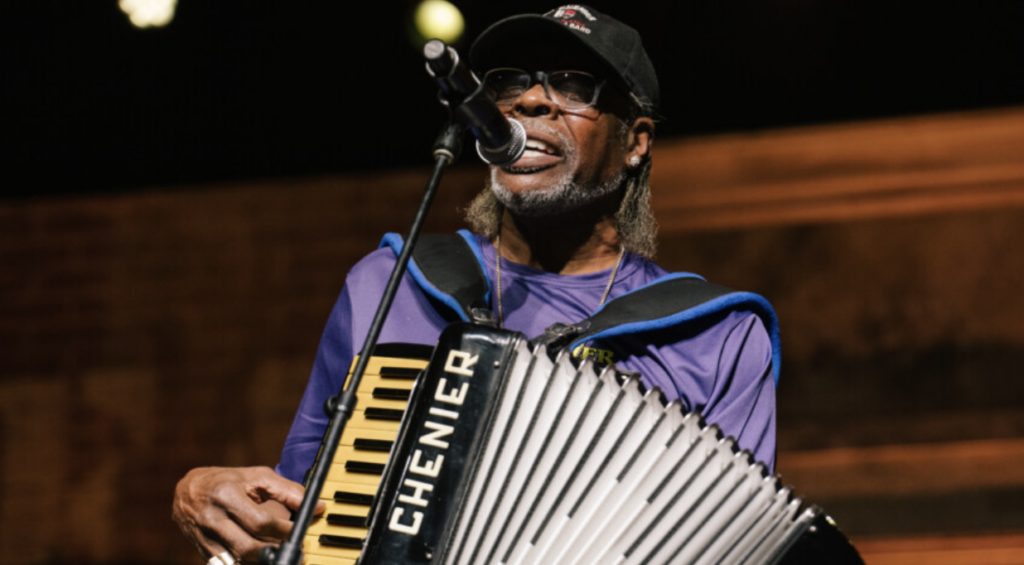Highly Debatable

Missouri bureaucrats say Donnell Minton and Marcus Leach attend an “academically deficient” high school, but that hasn’t prevented them from becoming two of the state’s best debaters. Hailing from Central High, the two routinely befuddle the competition at suburban speech meets, spewing information from fact-packed brains so fast that opponents lose track and can only lapse into whiny criticisms of their delivery.
This past school year, they took their game to a national arena and scored big, earning something no Missouri students ever have: an invitation to the prestigious University of Kentucky-sponsored annual national Tournament of Champions.
But they couldn’t go. The state high school activities association wouldn’t let them.
It was a tough blow. Central has produced competitive debaters since its early days in the late nineteenth century. That success has become more important in recent years as Central’s academic reputation has slid and its legacy of fielding competitive athletic teams has suffered (“The Long Walk Home,” May 23).
In mid-January, Leach and Minton nabbed second- and third-place speaker awards in a field of 186 debaters from thirteen states at the Omaha-Westside Invitational in Nebraska. They battled their way to the quarterfinals, finishing fifth among 94 teams. This performance ultimately resulted in an invitation to participate in the TOC, held May 4 in Lexington, Kentucky. Each year, only 68 teams are allowed to participate.
“It’s a huge accomplishment,” says Jane Rinehart, Central’s debate coach.
The tournament is considered to be the “most important and meaningful” competition in the country, according to a recent informal poll at Cross-X.com, a national online forum for high-school debaters. Missouri teams have usually fared poorly at TOC qualifiers such as the Omaha meet. They typically can’t handle the “national style” of debating — a fast-paced form that leans heavily on research and critical thinking. At “Missouri-style” matches, good speaking tends to earn the most points.
The Central team of Leach and Minton clearly has broken the mold. The two routinely appear on top-ten lists posted by peers on the “Missouri-style” forum at Cross-X.com, though the accolades come with a caveat — they’re among the best at national style. “The whole Lee’s Summit squad see’s [sic] you guys as one of the top ‘speed’ squads in the midwest [sic], and i’m [sic] sure other schools see you as that too,” writes one local competitor. “You guys kick ass.”
After the Omaha match, word spread quickly at Cross-X.com. One debater from St. Joseph declared, “It’s about time that some salty Missouri teams started strutting their stuff out of state!”
The buzz followed the team through the remainder of the season. At Raymore-Peculiar High School’s tournament, numerous debaters asked Central’s coach where Minton and Leach would be competing so they could watch them in action.
The two project a commanding presence. During rounds, both roll up their sleeves and rip through reams of information about the proliferation of weapons of mass destruction (this year’s topic) at a rapid clip, belting out information even while inhaling. Leach, a junior, absentmindedly rubs his hands together while he blasts through the material. Minton, a senior, tends to jab his forefinger on the podium to emphasize a point. In some matches, their opponents stop taking notes because they’re so lost. Coach Rinehart says her teams have lost rounds in Missouri because an opposing team will abandon the debate topic and argue to the judge that Minton and Leach talk too fast and that “speed is killing debate.”
The team’s invitation to the TOC in Kentucky was an extraordinary accomplishment considering the forces arrayed against Central’s students, who hail from some of the poorest areas of the city. Though the school was once a standard bearer for Kansas City’s black community, it is now one of five “academically deficient” schools the state has identified in Kansas City.
Like virtually every other student at Central, Leach felt insulted when state officials declared his school deficient. “It slanders our school pride,” he says. The TOC invitation seemed to rebut the state’s verdict, but 75-year-old rules prevent high-school debate teams from traveling more than 250 miles outside the state and from competing in events after April 1.
“The bylaws are in place to protect the academic interests of the schools to make sure the students aren’t skipping great distances and having a great loss of class time to compete in national-level events,” says Rick Kindhart, spokesman for the state activities association.
If the team had broken the rules, Central’s entire interscholastic activities program — including sports — could have been banned from competing with other member schools. Central officials sought an exemption for the debaters, pointing out that the students would miss just one day of school. “Obviously, these students would like to represent our school, our district and our state,” coach Rinehart wrote in a plea to the association.
A week later, the association responded tersely: “It is the opinion of the … staff that the request be denied.”
“What a tragedy,” says TOC director J.W. Patterson, adding that Minton and Leach would have been able to “interact with some of the brightest kids in the nation.” Patterson says, “It’s not like this is just anything. This is a real learning opportunity for them.”
“It’s unfortunate because those kids are talented and they basically just want to showcase their talents,” says Edwin Birch, spokesman for the Kansas City, Missouri, school district. He says local officials were powerless to change the state activity association’s ruling, but he adds that the district will support any effort to get the outdated state rules changed.
Central filed an appeal. On April 12, the Central team drove to Columbia for a conference call with an association appeals committee that lasted just fifteen minutes. “It was like they didn’t even listen to us,” Leach says. “They had their mind set before I even got there.”
Rinehart points out that by missing the TOC, the debaters missed opportunities to meet college recruiters and scholarship officials.
“The issue of scholarships is not considered,” responds Becky Oakes, executive director of the state activities association. “It’s not something that’s covered as a property right. It’s not something that’s covered by law. It’s not something that you’re denied access to.”
“Heck yes, it’s a hardship,” Leach counters. “I can honestly say that I wouldn’t be in high school if it weren’t for debate, because I can’t find anything here that’s worth my time.”




